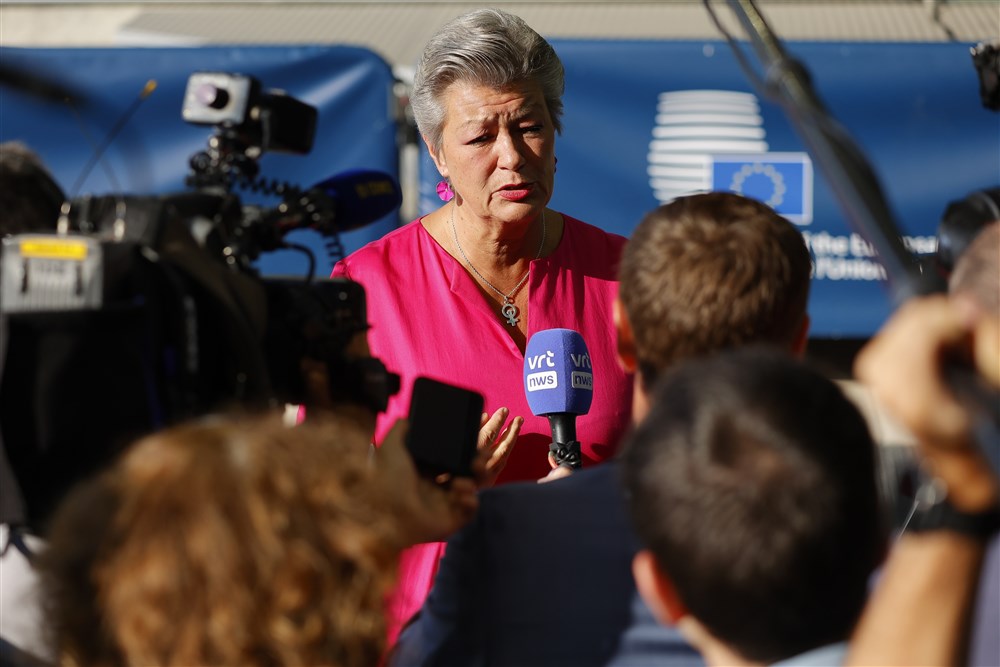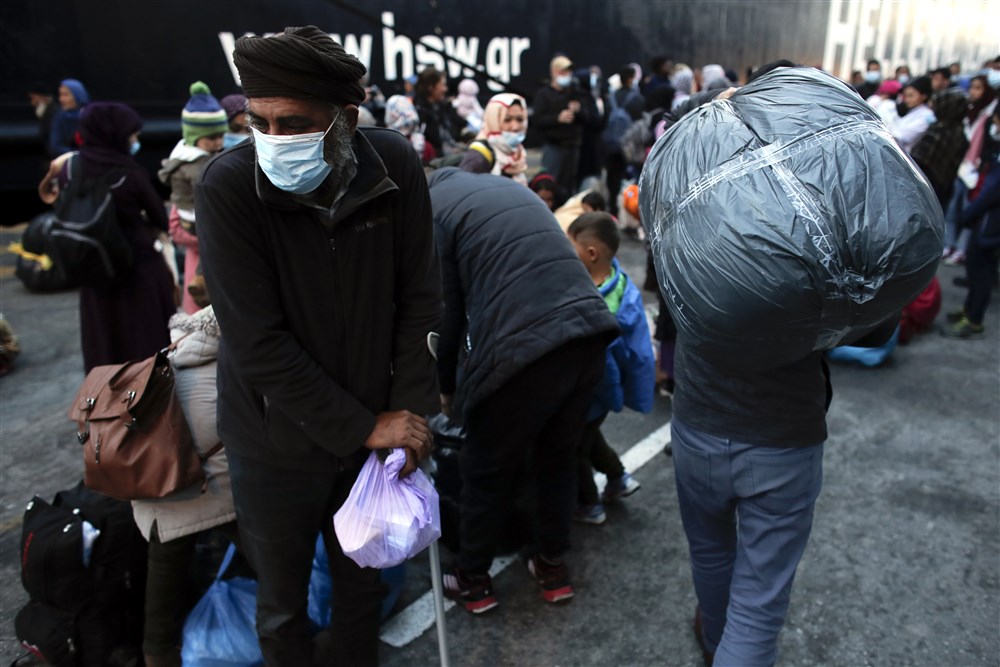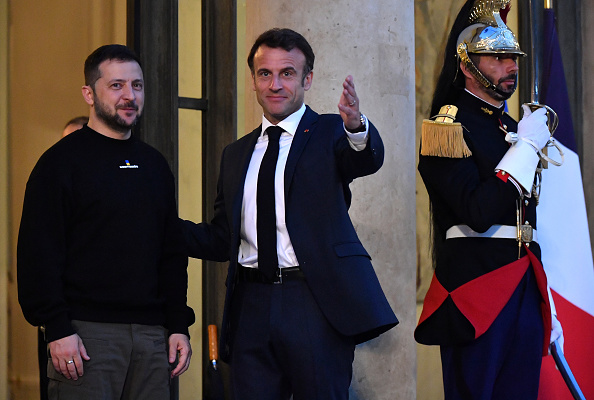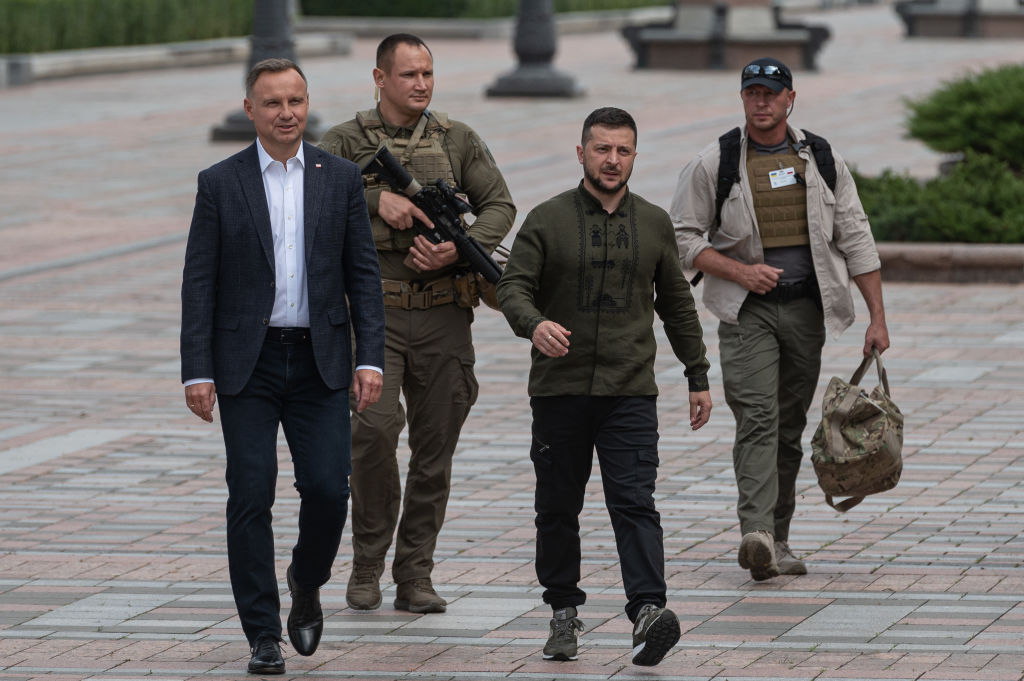A split over Ukraine’s membership of NATO chilled talks between leaders of the Weimar Triangle in Paris despite unanimous support from France, Germany and Poland for the beleaguered nation.
French President Emmanuel Macron, hosting the June 12 meeting, told reporters: “[T]he European Union and our allies are committed to unreserved support for Ukraine. We will not only ensure that Russia will not emerge victorious from this sad adventure, but cannot repeat it.”
However, while Macron and Geraman Chancellor Olaf Scholz stood by the French President’s previously voiced position that Ukraine should not become a full NATO member in the long term, and should instead be given a special security guarantee by the alliance, Poland’s President Andrzej Duda held that Ukrainian NATO membership was the way forward.
He said it was a matter of “symbolic importance”, and that the nation needed a “clear signal” from the next NATO summit that they would become full members of the Atlantic alliance.
Despite the rift, French President Emmanuel Macron, announced to the Weimar Triangle meeting on June 12: “Today, we are rallied together.”
“Twenty years ago some spoke of a ‘New Europe’ and an ‘Old Europe’ to point out our divisions (referring to the east-west EU split on the 2003 US invasion of Iraq). [This] Weimar format is exactly that of a rallied and united Europe.”
Claims of solidarity were further tested at a post-meeting press conference at the Elysée Palace as differences between the three nations arose on another key issue.
When asked by one Polish journalist about the EU’s controversial new Migration Pact, – which Poland opposes – Macron confirmed his support for the idea saying that Europe had been “paralysed” for too long on the question of migration, and needed to “move forward” on the issue.
He was backed by Scholz, who cited the high number of unregistered migrants arriving in Germany as a problem with the current EU approach, and that more efficient migrant registration was essential.
The Migration Pact was approved by the Council of the European Union on June 8. The main sticking point was the ‘solidarity mechanism’, which gives EU Member States a choice between accepting migrant relocations or paying €20,000 fines. While Italy led compromise on the deal, Poland and Hungary remained obstinate.
Macron offered an olive branch to his Polish counterpart, explaining how Poland would likely be a net recipient of solidarity funds because of the Ukrainian refugees it hosts but Duda wasn’t having any of it.
“We took in those who needed help in Poland … we did not receive any particular help especially from EU institutions,” he responded.





